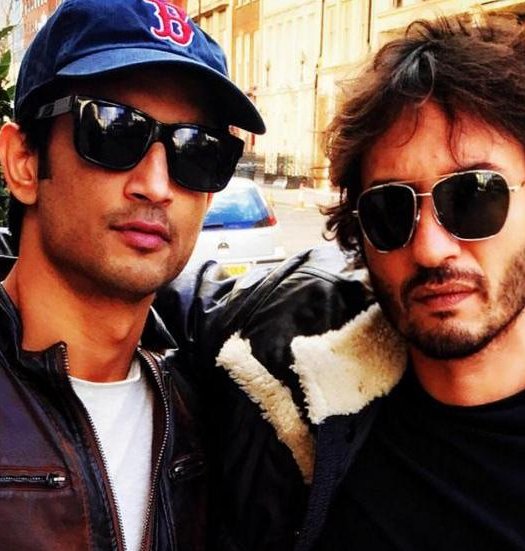Sector-specific awards are rare in our country – Arpita Das
Renowned publisher Arpita Das, who runs publishing house Yoda Press, is also the co-founder of a self-publishing startup called Authors Upfront. With the second edition of the ‘Book Award for Excellence in Writing on Cinema’ and the recently-constituted ‘Word to Screen’ Market taking place at the Jio MAMI Mumbai Film Festival this year, she is an apt choice for the esteemed role of curator for both of these.
In a freewheeling chat with Pandolin, Das talks about how the market will provide a platform to leading publishers and literary agents to connect with content creators, on the ‘Book Award for Excellence in Writing on Cinema’ being opened up to Hindi writers, and much more.

Arpita Das
How important is it to have a platform like the ‘Word to Screen’ Market?
The ‘Word to Screen’ market is about creating cinema content out of books that are published, and will be published.
Being a publisher and writer, as well as a film buff, I think something like this is very important in order to create better cinema in India. I really feel that people will have access to better content, as our books are considered at par with international narratives. The more narratives are sourced from books, and the more interaction there is between these two industries (film and publishing), the richer and more layered the films can become That is exactly what we all want to see. So, for me, a platform like this was inevitable. And I know that there have been efforts to create such a platform for the last couple of years.
Is there a certain kind of expertise or skill that one needs to have, to be able to write books that can eventually be converted into films?
For this particular platform, we have asked authors to pitch books to content creators. A few of us have been involved as curators or jurors, such as Abhishek Kapoor and Jabeen Merchant, and have taken a call on what will work as a cinematic narrative. Training is a vital part of writing for cinema, or any other genre, but when you are looking at published narratives in the form of short stories or books, these are writers who have given a lot of thought as to how a narrative should develop. When you think of your writing as a narrative, you spend much more time on developing characters and making the content more vivid through words. All of that translates very naturally to cinema, or to any kind of visual medium, as it has been thought through at the initial stage.
We started out with 180 books, and came down to 14, eventually. These 14 are the ones which had a narrative that we felt could be more imaginatively and interestingly converted to screen.
What were the parameters you kept in mind while shortlisting the films?
When I was cutting down the list to 50 films from 180, I was focusing on narrative length and a variety in genres. These were my two parameters. Coming from the field of publishing, I felt that I should give content creators or filmmakers something that they could really play with. So if there is no narrative strength, and if all the stories are headed in one direction in terms of genre, then it is no fun.
The jurors focused on shortlisting in terms of cinematic narrative, and how much the narrative would translate from one medium to the other: from word to film.
Have you noticed any predominant themes or genres in the books that were curated?
We have seen so many books on mythology, which a lot of filmmakers have started opting for. It was very interesting to see so much on historical fiction, when I was actually expecting a lot more romance. We have recently started moving towards movies that are period pieces, and provide a lot of scope to be complex and authentic. There are also some thrillers – narratives that always do well in films.
What were the parameters that you were looking at during your curation process?
There are two things – the award itself is for excellence in writing on cinema. So we are looking at writing above the cut, or out-of-the-box kind of writing, and introducing new genres. Ultimately, what we want to do with the book award, is to see that it encourages new genres and more evolved storytelling in cinema, as we see happening in other countries.
Considering Hindi is such a widely-spoken language, how important has the step to open up the forum to Hindi books been?
All of us were on the same page about it. We felt that there is no way that we are not going to open up to Hindi content this time. Ideally, we would have loved to open up to more languages, but we figured that taking baby steps would be better.
There is tremendous writing on cinema happening not just in Hindi, but many other regional languages, like Marathi, Bengali and Malayalam. These are languages from regions where not just filmmaking, but thinking about cinema, has been highly valued.
How important is it to create a platform like the ‘Word to Screen’ Market, and to recognize good work through the ‘Book Award for Excellence in Writing on Cinema’?
When we announced an award like this, people were so surprised because sector-specific awards are rare in our country, which is quite sad. Awards generally go to books of fiction or literary books, and translations. The sector-specific awards are new and rare, therefore they generated a lot of disbelief when they were announced. But it’s important to realise – the more genre-specific awards you institute, the more it works as an incentive to give that particular field of writing a boost.



